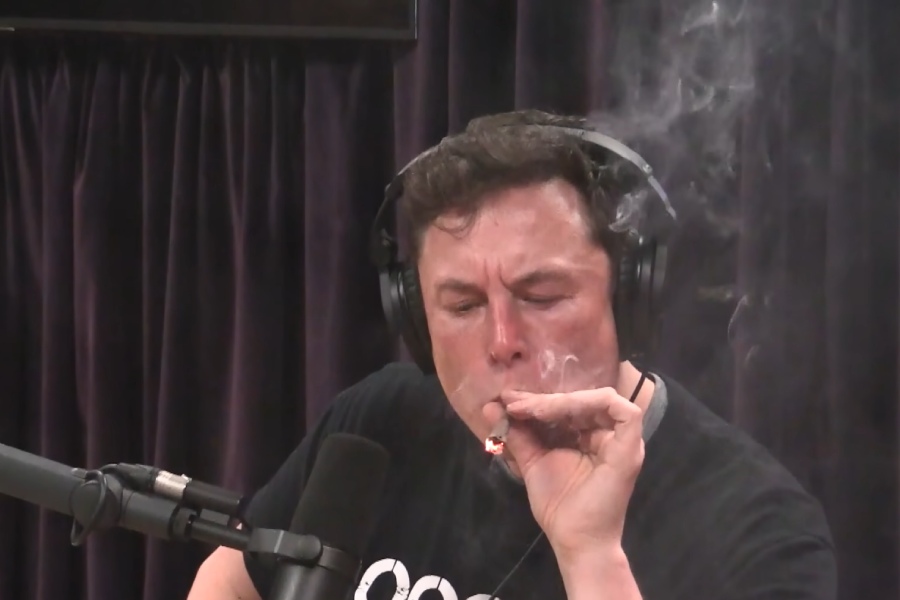Elon Musk has said that most advertisers have returned to Twitter despite them reportedly leaving in their droves last year following his takeover of the site.
Speaking in an interview organised in just 20 minutes with the BBC, which Musk said he agreed to out of “spontaneity,” the South African businessman said that advertisers were returning to the site and that the company was more or less breaking even.
Musk suggested to the BBC’s North America tech reporter, James Clayton, that either all of the advertisers previously using the site had returned or had said that they will. He did not name any specific brands that had returned to the platform or committed to returning.
This is despite advertising agency execs telling B&T that many advertisers had ended or paused their work on Twitter because of Musk himself.
Musk’s chat with the BBC, which lasted for around 45 minutes, covered a range of topics ranging from the need for an AI regulatory body to his dog now being the CEO of Twitter.
He also bemoaned his treatment by the media, describing it as “love-hate, perhaps more hate.
“The media is able to trash me on a regular basis in the US and the UK,” he says, adding that in some countries “the media can’t say mean things about powerful people”.
In addition to moaning about his treatment by the media, Musk said that legacy verified blue tick marks on Twitter would be completely gone by the end of next week. This follows a series of public spats with the New York Times, in particular, which had its tick removed ahead of the deadline after deciding not to pay the fee for Musk’s new verification.
“It’s a small amount of money, so I don’t know what their problem is,” Musk said. “We’re going to treat everyone equally.”
He also said that he does not Twitter to further boost “some anointed class of journalists” who decide what the news is.
“So I’m hopeful that this can be more a case of the public choosing the narrative, as opposed to the media choosing the narrative.”
When asked whether hate speech on the platform was being properly addressed — after it reportedly surged by 500 per cent in the days since he purchased the site — Musk decided to argue the point.
“Who’s to say what’s right and wrong?” he asked Clayton, before asking him to provide an example.
“I’m asking for a single example and you can’t name one,” he said, after saying the accusation of a rise in hate speech on the platform was “false.”
Musk also said that he abandoned the misinformation policy around COVID as it “is no longer an issue.”








